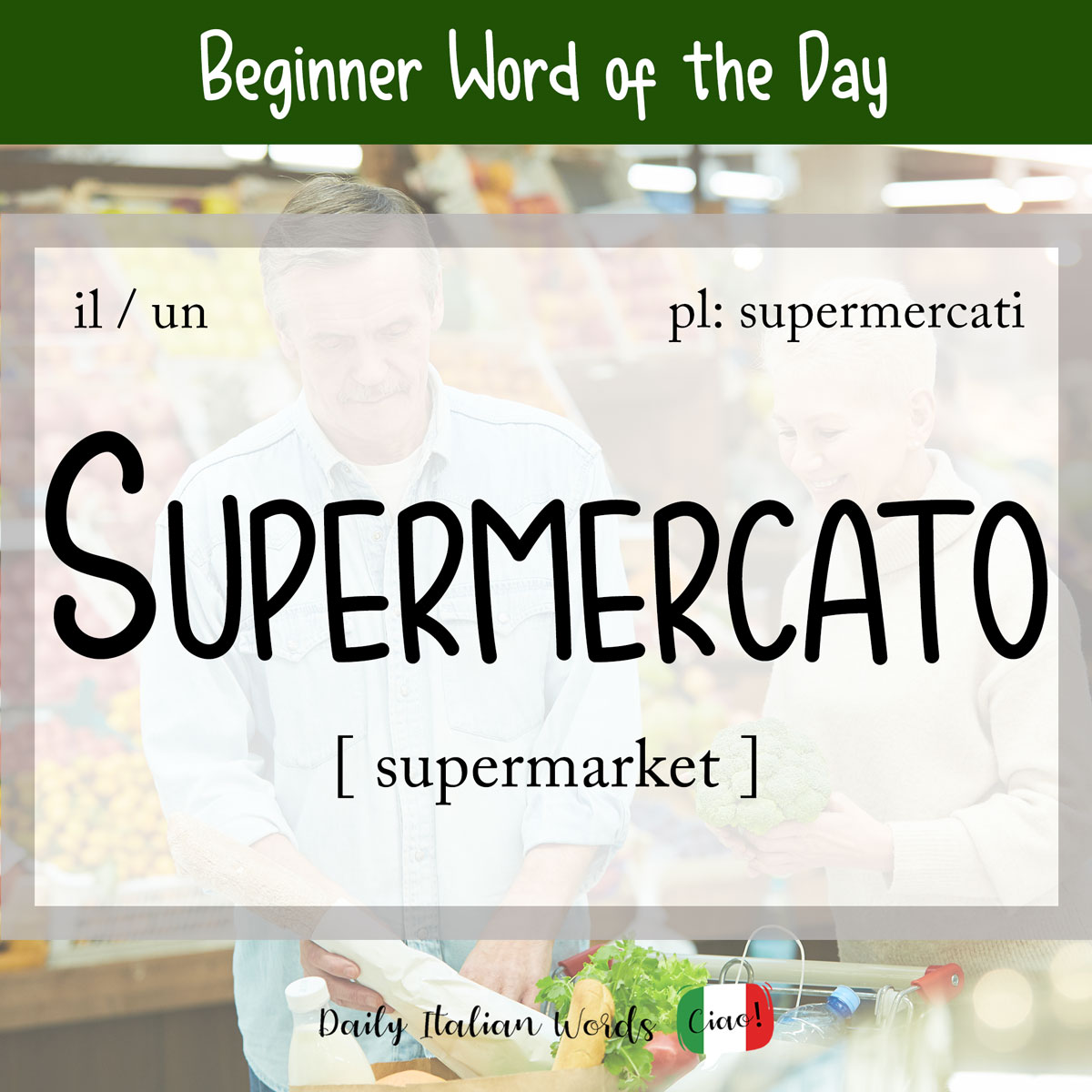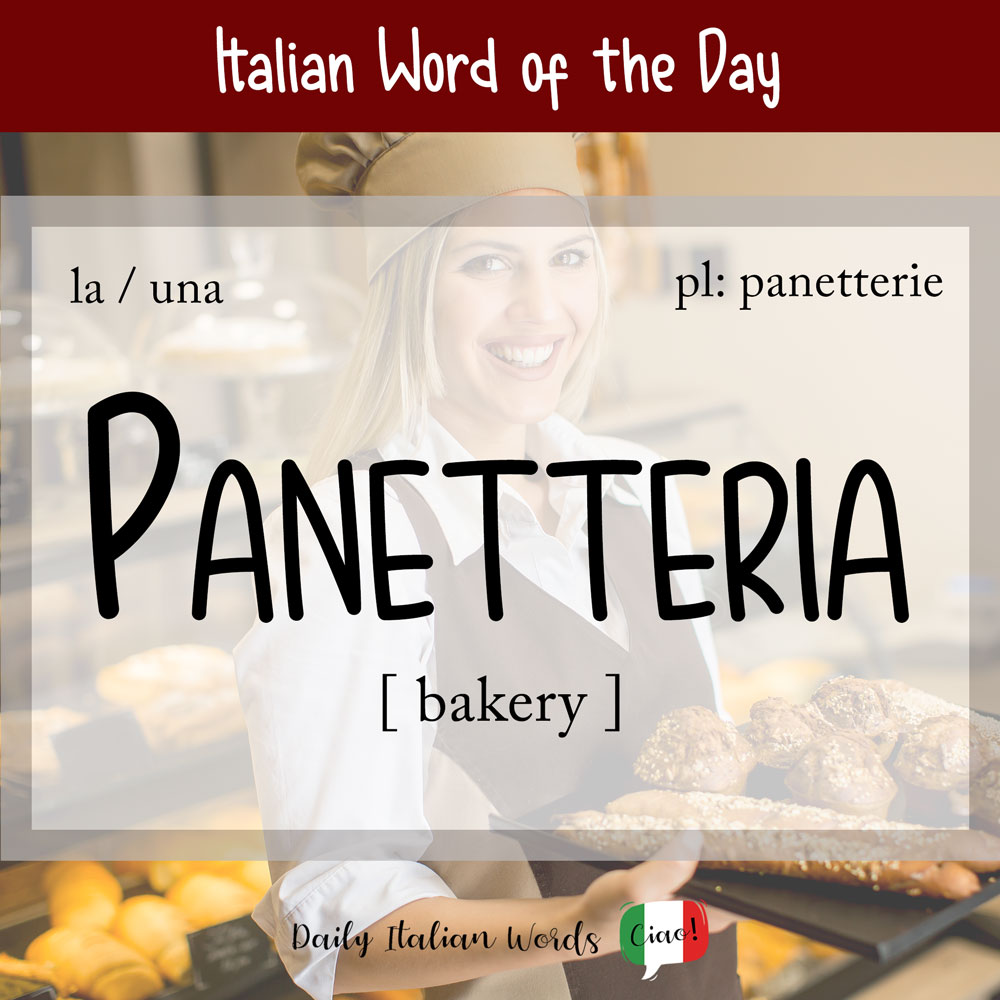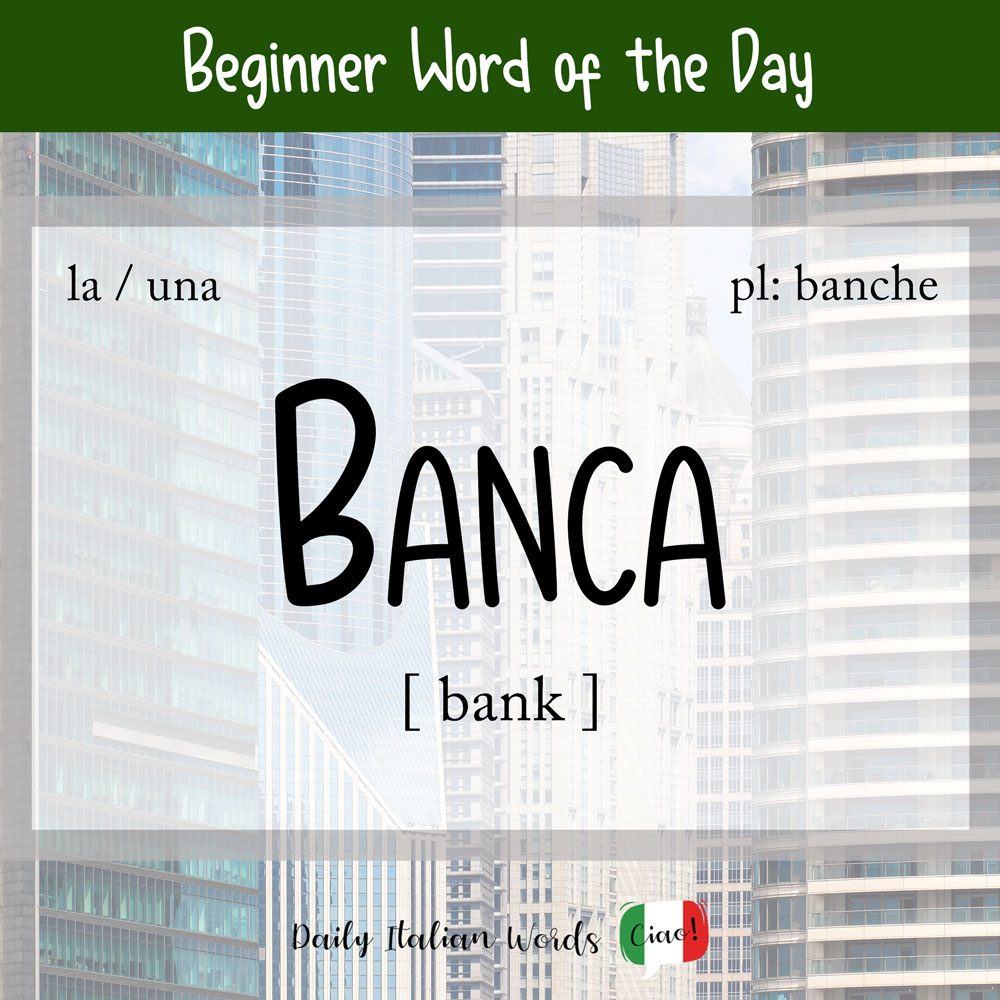Italian Word of the Day: Supermercato (supermarket)
The Italian word supermercato (masculine, plural supermercati), which is modelled on the English supermarket, is a combination of two parts: the prefix super- (meaning in this case excellent, top quality) and mercato (market). Some of the major supermarket chains (catene di supermercati) in Italy are as follows: Auchan Bennet Carrefour Conad Coop CRAI Esselunga Eurospin …






